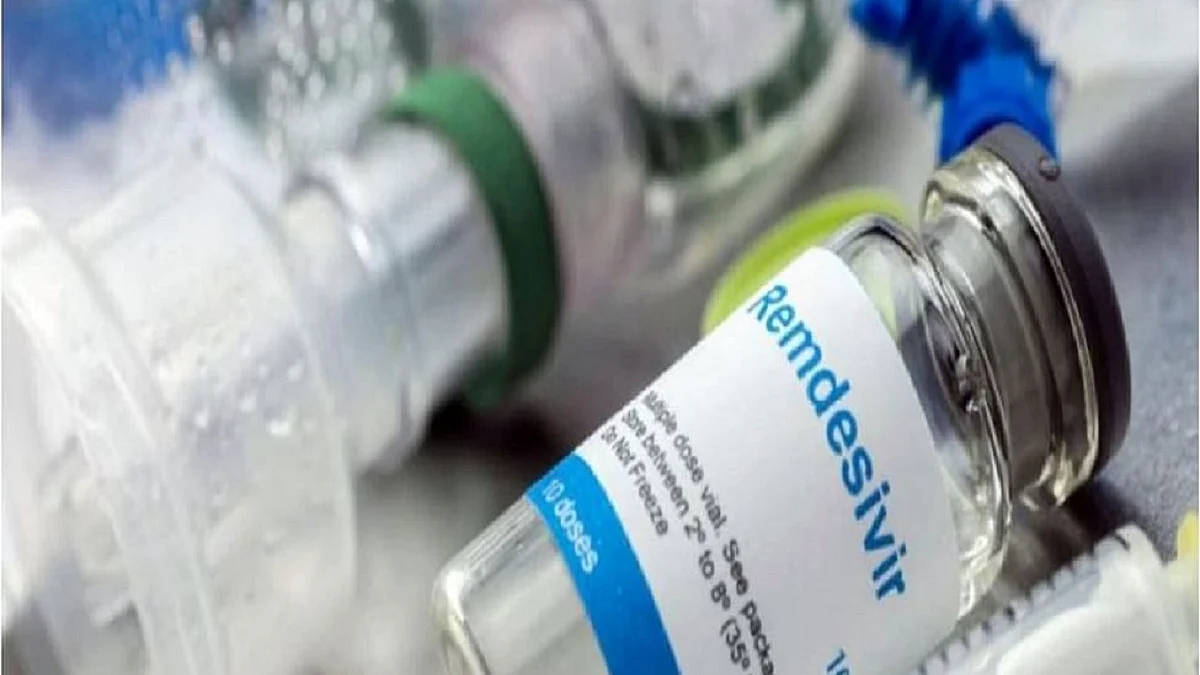Remdesivir reduces death risk in severe COVID-19 patients by 62 per cent: Gilead Sciences
This is an important finding that requires confirmation in prospective clinical trials, Gilead said about the results presented at virtual COVID-19 conference in the 23rd International AIDS Conference

New data revealed by Gilead Sciences has shown that its antiviral drug remdesivir reduces death risk of severe COVID -19 patients by as much as 62 per cent when compared with standard care alone.
This is an important finding that requires confirmation in prospective clinical trials, Gilead said on Friday about the results presented at the virtual COVID-19 conference as part of the 23rd International AIDS Conference.
The analysis included 312 patients treated in the Phase-3 SIMPLE-Severe study and a separate real-world retrospective cohort of 818 patients with similar baseline characteristics and disease severity who received standard of care treatment in the same time period as the SIMPLE-Severe study.
Patients were primarily located in North America (92 per cent, remdesivir cohort vs. 91 per cent, standard-of-care cohort), Europe (5 per cent vs. 7 per cent) and Asia (3 per cent vs. 2 per cent).
The analysis demonstrated that remdesivir treatment was associated with significantly improved clinical recovery and a 62 per cent reduction in the risk of mortality compared to standard of care.
Findings from the comparative analysis showed that 74.4 per cent of remdesivir-treated patients recovered by Day 14 versus 59 per cent of patients receiving standard of care.
The mortality rate for patients treated with remdesivir in the analysis was 7.6 per cent at Day 14 compared with 12.5 per cent among patients not taking remdesivir.
"This comparative analysis provides valuable additional information regarding the benefit of remdesivir compared with standard of care alone," Susan Olender of Columbia University Irving Medical Center said in a statement.
"While not as vigorous as a randomized controlled trial, this analysis importantly draws from a real-world setting and serves as an important adjunct to clinical trial data, adding to our collective understanding of this virus and reflecting the extraordinary pace of the ongoing pandemic."
The results of this comparative analysis add to the previously presented National Institute of Allergy and Infectious Disease (NIAID) randomized, double-blind, placebo-controlled study in hospitalized patients with COVID-19, which showed that remdesivir shortened time to recovery by an average of four days as compared to placebo -- 11 vs. 15 days.
In the NIAID study, patients taking remdesivir trended toward lower mortality compared with those in the placebo group, but this result did not reach statistical significance --7.1 percent vs. 11.9 per cent.
Due to the current public health emergency, the US Food and Drug Administration (FDA) has issued an Emergency Use Authorization for remdesivir for the treatment of hospitalised patients with severe Covid-19.
"These data presented at the Virtual COVID-19 Conference shed additional light on the use of remdesivir in specific patient populations, including those that may be susceptible to higher rates of COVID-19 infection, as well as others that are particularly vulnerable, including children and pregnant and postpartum women," said Merdad Parsey, MD, PhD, Chief Medical Officer, Gilead Sciences.
Follow us on: Facebook, Twitter, Google News, Instagram
Join our official telegram channel (@nationalherald) and stay updated with the latest headlines
